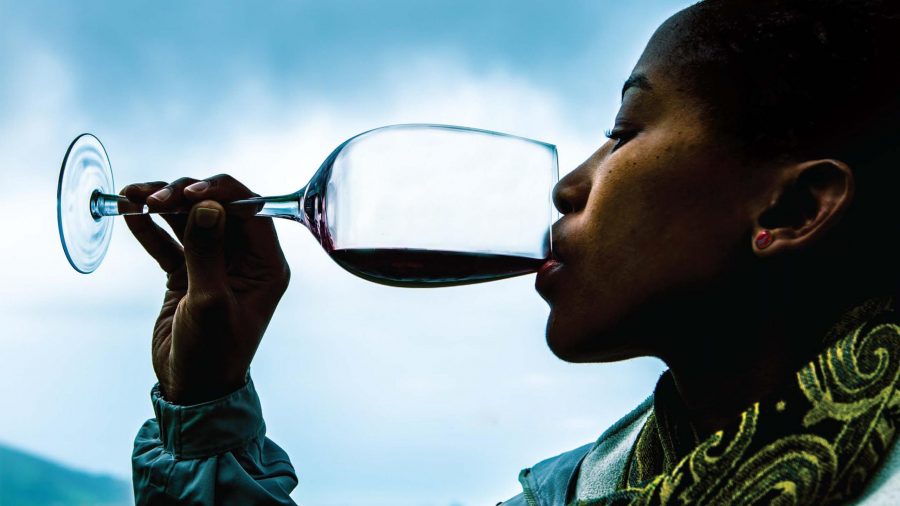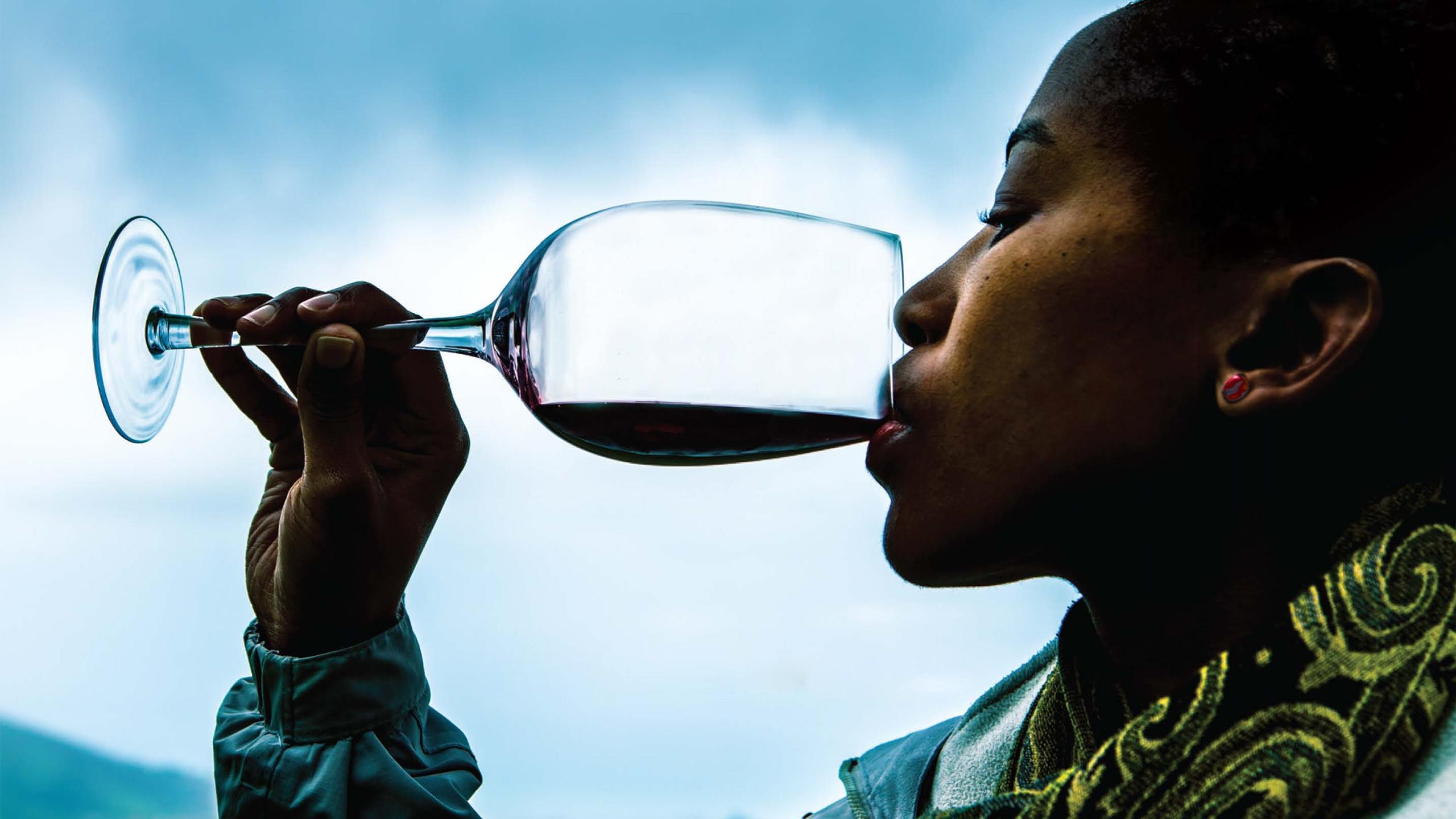
The Changing Face of South Africa’s Wine
Wine is a massively confusing and intimidating subject for many who drink it even on a fairly regular basis. Can you imagine what it’s like for the millions of South Africans whose culture doesn’t include wine – or didn’t, for decades – and for whom the very concept of fermented grape juice is unheard of? […]

Wine is a massively confusing and intimidating subject for many who drink it even on a fairly regular basis. Can you imagine what it’s like for the millions of South Africans whose culture doesn’t include wine – or didn’t, for decades – and for whom the very concept of fermented grape juice is unheard of?

The Colour Of Wine is a 2018 documentary by acclaimed Nigerian director, actor and writer Akin Omotoso, which details the history of wine making in South Africa, and its evolution through the Apartheid era to emerge as a far more inclusive industry in our 25th year of democracy.
It’s a very “talkie” film, in that it is comprised almost entirely of interviews, with a loop of montages in between, which are not particularly spectacular. However, the stories are fascinating and are drawn from a number of sources, including experts, historians, professors, lecturers, wine merchants, and journalists, from South Africa and abroad.
At the centre are four winemakers: Ntsiki Biyela, Dumisani Mathonsi, Carmen Stevens and Unathi Mantshongo, who share their personal stories – which mostly begin with wine tasting terrible.
Omotoso says with The Colour Of Wine, a fresh and relevant way to tell the story of this country was found. The winemakers were specifically chosen because they were among the first black students who went to university as SA was making its transition, on the cusp of democracy – and an Afrikaans university at that.
They tackled an industry that was “lily white” – and male dominated.
By doing so, they tackled an industry that was “lily white” – and male dominated; three of the interviewees are women, which brought with it even more challenges. On top of that, there were the historic cultural differences to consider.
Traditionally, black people have favoured beer, cider and spirits, in which powerful marketing has played a role. Grandmothers are frequently cited by the interviewees as strongly disapproving of alcohol in any shape or form.
In fact, Biyela, Mathonsi and Mantshongo had no inclination to pursue studies and careers in winemaking and viticulture; bursaries, scholarships and job opportunities shaped their outcome.
Alongside their stories resides the chequered past of the South African wine industry, all the way back to the days of slavery.
Alongside their stories resides the chequered past of the South African wine industry, all the way back to the days of slavery, along the path of the “dop” system whereby vineyard labourers would be paid in part or full with wine, by way of how the KWV (Ko-operatiewe Wijnbouwers Vereniging) – founded in 1918, the year Nelson Mandela was born – regulated the wine industry.
The boycotts imposed during Apartheid meant the rest of the world knew nothing much about our wines until the mid-1990s. Today South Africa sits around the top 10 wine producers in the world.
This doccie is an eye-opener for every wine lover, irrespective of gender, race, or culture, from every country around the globe.
At the very least, watch the end credits for lighthearted and down-to-earth sound bites from the participants, as they sip wine: “My favourite wine is wine in my glass,” says Charl Theron, a long-time lecturer in Oenology at Stellenbosch University.
WATCH TRAILER: The Colour of Wine Documentary
WATCH the FULL The Colour Of Wine is a 2018 documentary
